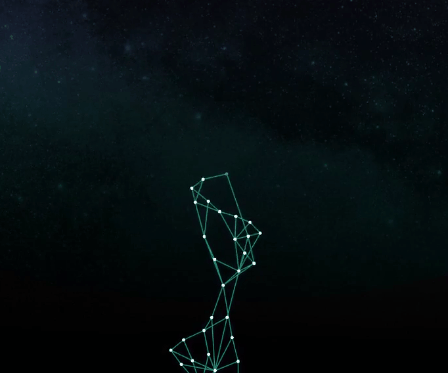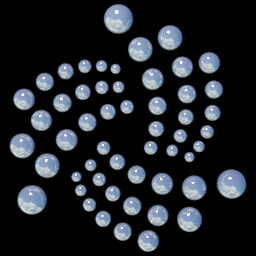WHAT IS IOTA?
IOTA is an open-source distributed ledger (cryptocurrency) focused on providing secure communications and payments between machines on the Internet of Things. Using directed acyclic graph (DAG) technology instead of the traditional blockchain, IOTA's transactions are free regardless of the size of the transaction, confirmation times are fast, the number of transactions the system can handle simultaneously is unlimited, and the system can easily scale. IOTA was founded in 2015 by David Sønstebø, Sergey Ivancheglo, Dominik Schiener, and Dr. Serguei Popov.
IOTA has a collaboration with Deutsche Telekom, Microsoft, and Fujitsu, the Foundation opened up a data marketplace using IOTA technology.
Transactions
For an IOTA user to send out a transaction, the user must validate two other, randomly selected transactions. A sent transaction must accumulate a sufficient level of verification (i.e. must be validated a sufficient number of times by other users) in order to be accepted as “confirmed” by its recipient. IOTA works with a single administrator called the Coordinator which confirms all transactions in a set of released milestones. Without the Coordinator, the IOTA DAG is not considered sufficiently secured in its early stages. The Coordinator is meant to be removed when the network is sufficiently large.
The Tangle
Instead of using a blockchain, IOTA uses a directed acyclic graph (DAG). IOTA's DAG is colloquially referred to as the "tangle", and is a generalization of the block chain protocol (a blockchain is a special case of a DAG).

Cryptography
IOTA uses Winternitz hash-based cryptography signatures instead of elliptic curve cryptography (ECC). Hash-based signatures are much faster than ECC.
IOTA made use of a self-designed hash function named Curl. In July 2017 researchers found a critical vulnerability allowing them to forge signatures. Generally, the researchers criticize the use of self-developed cryptography. On 7 August the developers replaced the hash function with a version of SHA-3 named Kerl, which works with ternary (instead of binary) operations, effectively fixing the vulnerability.

I.O.T.
The recent boom in the cryptocurrency market proved one more time that decentralization is a real thing and our society will get to that point sooner or later. For a long time I believed that blockchain is a revolutionary system that will change our lives, starting from cryptocurrency and changing the old banking system. When I heard about IOTA I realized that there is no end and even blockchain won't rule forever.
How IOTA makes bright future for Internet of Things?

Internet of Things (IoT) holds one of the biggest potential for human life change. It might become the fastest growing market in next couple years but the more important thing is that the development in related areas is interconnecting. Since IOTA has been released, we gained the whole new perspective not only for IoT, but for Industry 4.0 itself.
The recent boom in the cryptocurrency market proved one more time that decentralization is a real thing and our society will get to that point sooner or later. For a long time I believed that blockchain is a revolutionary system that will change our lives, starting from cryptocurrency and changing the old banking system. When I heard about IOTA I realized that there is no end and even blockchain won't rule forever.
Hi! I am a robot. I just upvoted you! I found similar content that readers might be interested in:
https://medium.com/@MartinRosulek/how-iota-makes-future-for-internet-of-things-af14fd77d2a3
Nice explanation, thank you!
welcome!